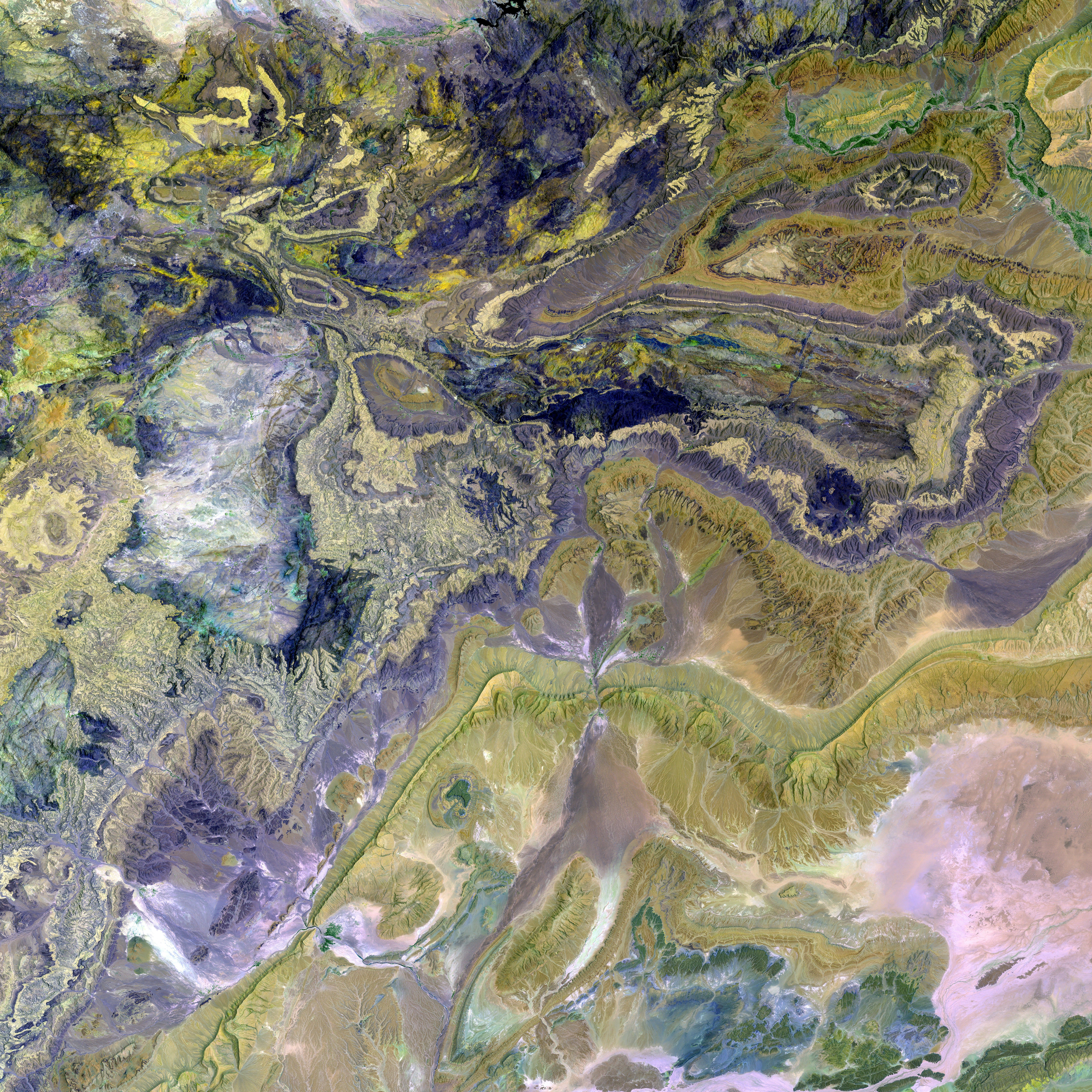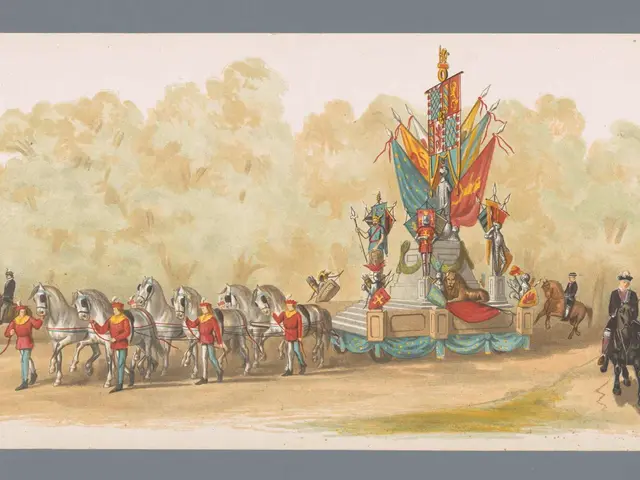Ighodalo Explains Rationale Behind Supreme Court Appeal
The candidate of the People's Democratic Party (PDP), Asue Ighodalo, has expressed dissatisfaction with the Court of Appeal's ruling that validated Governor Monday Okpebholo's victory in the September 21, 2024, Edo State governorship election. Ighodalo has vowed to contest the decision in the Supreme Court.
In a statement on Thursday night, Ighodalo expressed disappointment with the court's judgment but reaffirmed his determination to pursue justice. He argued that the ruling, like that of the Tribunal before it, failed to address the grave concerns he raised regarding widespread acts of non-compliance with the Electoral Act during the election.
Ighodalo urged the Supreme Court to uphold democratic principles, considering not just the letter of the law, but the greater implications for democracy, justice, and public trust. He cited the importance of standing for the people of Edo State and defending their right to freely choose their leaders through a credible, transparent, and fair election.
Ighodalo emphasized that his struggle was never about personal ambition, but about holding accountable those who subverted the electoral process on September 21, 2024. He expressed confidence in the integrity, independence, and role of the Supreme Court as the final guardian of justice in Nigeria.
In the past, electoral losers have often resorted to prolonged legal battles, creating challenges for democratic stability and public confidence in the country. Nevertheless, the court's role in upholding electoral outcomes that substantially conform to the law is a cornerstone of democratic governance. By dismissing unsubstantiated claims, the court supports the principle that election disputes must be decided based on credible evidence, thereby strengthening the legitimacy of the electoral process.
As the supreme legal body in the country, the Supreme Court now bears a significant responsibility in resolving this election dispute. The court's decision could have far-reaching implications for public trust, political stability, and the integrity of Nigeria's democratic institutions. The eyes of Edo State's electorate and the larger Nigerian public are watching closely as the court deliberates on Ighodalo's appeal.
- In the general news and crime-and-justice sections, the ongoing dispute over the Edo State governorship election result continues, with PDP candidate Asue Ighodalo vowing to contest the Court of Appeal's ruling in the Supreme Court.
- The People's Democratic Party (PDP) and candidate Ighodalo have raised concerns about widespread acts of non-compliance with the Electoral Act during the election, which they believe were not addressed in the Court of Appeal's ruling.
- Ighodalo's dispute is seen as critical in maintaining the integrity of Nigeria's democratic institutions and political stability, given the potential for continued legal battles by electoral losers, as seen in the past.
- The case is significant as it tests the role of the Supreme Court as the final guardian of justice in Nigeria, especially in reviewing disputed election outcomes.
- If the Supreme Court rules in Ighodalo's favor, it could be seen as a victory for the Naija people, who have been advocating for a credible, transparent, and fair election process, free from kidnapping, war-and-conflicts, and other forms of crime-and-justice issues.
- On the other hand, a ruling against Ighodalo could lead to public dissatisfaction and further political instability, potentially escalating the ongoing migration issues in the country.
- Regardless of the outcome, the court's decision will have far-reaching implications for democratic governance, policy-and-legislation making, and overall political dynamics in Nigeria, particularly within the APC, PDP, and other political parties.







